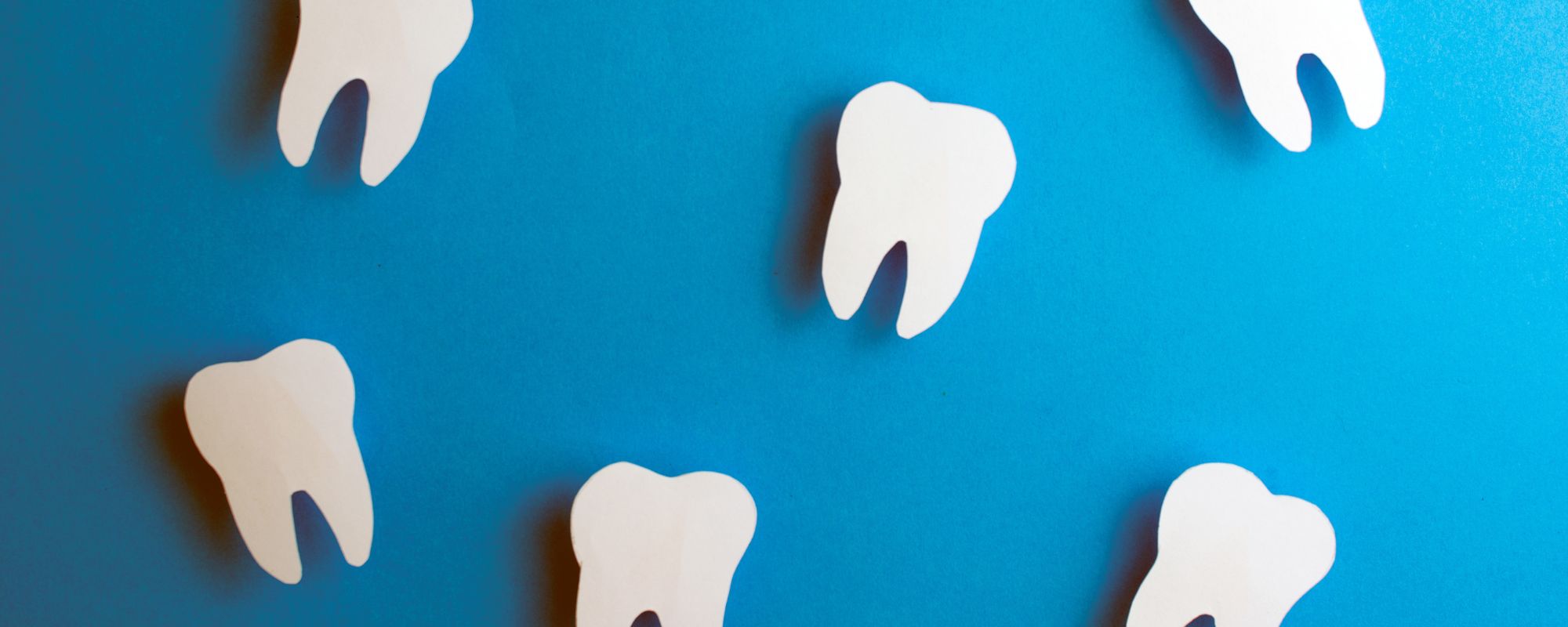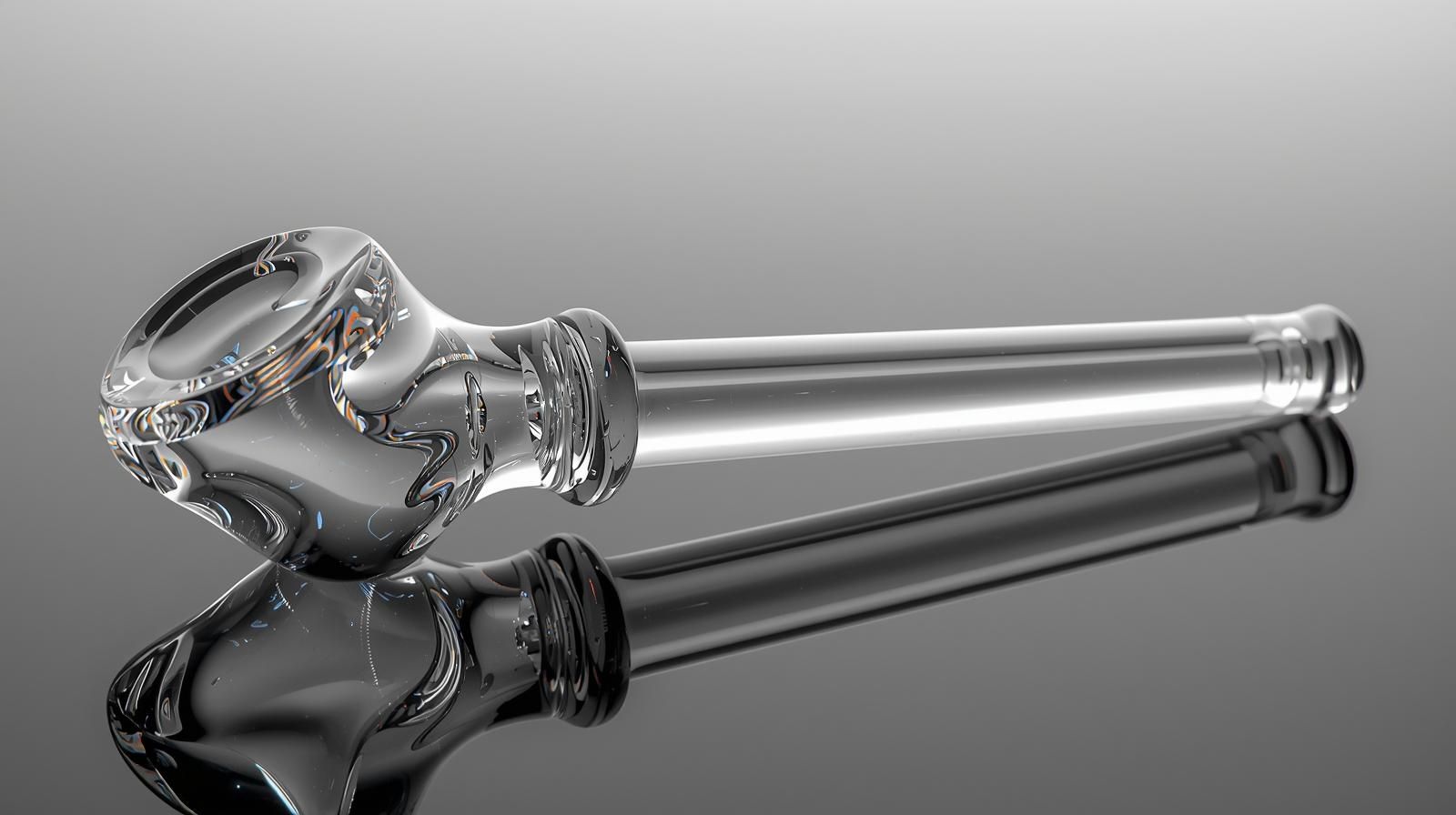For those struggling with addiction, 12-step programs can be hugely beneficial to their recovery. There are several programs available today. Each one its own unique approach to overcoming addiction and various other behavioral health issues.
Seaglass Recovery offers our guests the chance to recover with guidance from the 12 steps. This support and care alongside several other recovery services, each designed to help our guests achieve the utmost confidence in their journey to sobriety. We also offer several recovery programs and treatments that can help anyone achieve sobriety.
What Is a 12-Step Program?
A 12-step program is a type of self-help group. These groups offer support to those struggling with addictions and compulsive behaviors. Some of the most well-known 12-step programs are Alcoholics Anonymous (AA) and Narcotics Anonymous (NA).
AA was the first 12-step fellowship to be created. It was founded by Bill Wilson and Dr. Robert Holbrook in 1935 to help people who suffered from alcoholism. The core principle of AA is to help its participants find meaning and get on the path to healing through spirituality.
Of course, many other programs follow a similar model. Each of these programs addresses things like addiction, overeating, gambling, and other issues. Today, there are meetings all over the world. They are run by those who have experienced addiction and recovered successfully through following the 12-step approach.
Some of the most popular 12-step groups that exist today include:
- Alcoholics Anonymous (AA): AA is the first and most well-known 12-step program. It was built and remains dedicated to supporting people who struggle with alcoholism.
- Narcotics Anonymous: This fellowship focuses on supporting men and women who are struggling with a drug problem.
- Cocaine Anonymous (CA): This program was designed for those struggling with cocaine addiction, providing support and anonymity in recovery.
- M.A.R.T Recovery: This program takes a secular and research-based approach to recovery. It provides support to those who are interested in a 12-step approach, but are not spiritually inclined.
- Women for Sobriety: Women for Sobriety is a non-profit secular addiction recovery group. It is designed to support women with addiction problems.
These are just a few of the many 12-step programs that exist today. Depending on what your specific situation and struggles are, it can be overwhelming to know what group will work best for you. At Seaglass Recovery, our treatment specialists can help you understand what 12-step program will best suit your needs.
Are you struggling with substance abuse and mental illness?
Royal Life Centers at Seaglass is here to help you recover. Because we care.
Do 12-Step Programs Actually Work?
12-step programs can be effective for many people struggling with addiction. There are many benefits to participating in these programs during your recovery journey. Some of the greatest strengths of following a 12-step approach include:
- Peer support: 12-step programs provide a supportive community of people who understand what you are going through. Sharing experiences and offering encouragement can be a powerful motivator in staying sober.
- Structure and guidance: The 12 steps offer a clear roadmap for recovery. These include steps to take for self-reflection, making amends, and building a spiritual foundation.
- Long-term accountability: Regular meetings and sponsorship opportunities can help people stay focused on their recovery goals.
However, it’s important to remember that 12-step programs are not for everyone. Some people may find the focus on spirituality challenging, while others may prefer a more professional treatment approach.
At Seaglass Recovery, we combine a 12-step approach with research-based treatment. This provides our guests with a well-rounded and comprehensive recovery experience. With such effective care, we give our guests the best chance possible for long-term recovery.
12-Step Programs for Addiction Recovery Explained
The 12 steps are a set of principles originally developed by Alcoholics Anonymous (AA). These steps are intended to help people overcome alcohol addiction. Over time, they have adapted to help people with other addictions and compulsive behaviors.
The 12 steps – and their meanings – are as follows:
- We admitted we were powerless over alcohol (or our addiction) – that our lives had become unmanageable. This first step is about admitting your problem and lack of control over it.
- Came to believe that a Power greater than ourselves could restore us to sanity. This step does not mean you must believe in a traditional God. Rather, it means that you believe in something larger than yourself that can help you recover.
- Made a decision to turn our will and our lives over to the care of God as we understood Him. This step is about surrendering to a higher power and letting go of the need to control everything.
- Made a searching and fearless moral inventory of ourselves. This step is about taking an honest look at your life and identifying where your character may be falling short.
- Admitted to God, to ourselves, and to another human being the exact nature of our wrongs. This step is about admitting your wrongdoings to yourself, a higher power, and another person.
- Were entirely ready to have God remove all these defects of character. This step is about being willing to let go of your character defects.
- Humbly asked Him to remove our shortcomings. This step is about asking your higher power to help you get rid of your character faults.
- Made a list of all persons we had harmed, and became willing to make amends to them all. This step is about identifying the people you have hurt and making amends to them.
- Made direct amends to such people wherever possible, except when doing so would injure them or others. This step is about actually making amends to the people you have hurt.
- Continued to take personal inventory and when we were wrong promptly admitted it. This step is about staying honest with yourself and others about your mistakes.
- Sought through prayer and meditation to improve our conscious contact with God as we understood Him, praying only for knowledge of His will for us and the power to carry that out. This step is about developing a spiritual connection with your higher power.
- Having had a spiritual awakening as the result of these Steps, we tried to carry this message to others and practice these principles in all our affairs. This step is about helping others who are struggling with addiction.
The 12 steps are just a suggested program of recovery. This means there is no right or wrong way to work them. Some people may find that they need to work through the steps in a specific order.
Others, however, may find that they need to revisit certain steps multiple times. This is no cause for shame but is simply part of the healing process. The most important thing is to be open-minded and willing to work the program to the best of your ability.
Tips for Completing All 12 Steps of Recovery
The 12 steps can be a powerful roadmap to lasting recovery. Of course, it is important to remember this journey is not about speed, but making progress. With that being said, there are several tips you can follow to make completing the 12 steps all the easier:
- Take it one step at a time: Do not get overwhelmed by looking too far ahead. Focus on the present moment, understanding and applying the current step to your life.
- Be honest with yourself: The steps require self-reflection and vulnerability. It is important to be truthful with yourself throughout the process, without judging yourself.
- Seek support: Recovery is rarely a solo act. Surrounding yourself with a support system can be integral to your success. This may include sponsors, therapists, or recovery groups.
Seaglass Recovery offers comprehensive treatment that incorporates both 12-step philosophies, as well research-based treatment approaches. We will provide you with the support you need to successfully complete the twelve steps while addressing each of your recovery needs.
What Are Some Alternatives to 12-Step Programs?
12-step programs like Alcoholics Anonymous (AA) have been a mainstay in addiction recovery for many years. Of course, they are not the only option for recovery support. Some alternative self-help groups that follow a different recovery philosophy include:
- SMART Recovery (Self-Management and Recovery Training) is a science-based program that emphasizes self-empowerment.
- LifeRing Secular Recovery offers support based on a non-religious approach.
- Women for Sobriety is a recovery program specifically designed for women.
- Moderation Management is an option for those seeking controlled substance use rather than complete abstinence.
- Secular Organizations for Sobriety (SOS) provides recovery support without a spiritual component.
Each of these programs and more can help you establish a solid foundation for long-term recovery. With the support and guidance they provide, you need not worry about navigating your journey to sobriety alone.
Drug Addiction Treatment in Orange County, CA at Seaglass
Seaglass Recovery is located near the majestic Spokane Falls. This provides an idyllic recovery environment for those ready to transform their lives. Our caring staff provides a welcoming and supportive atmosphere for our guests. The goal is to help you overcome substance abuse.
Our facility offers state-of-the-art care through each of our treatment programs. From medical detox to residential and outpatient treatment options, as well as aftercare options, we offer a full continuum of care.
You or your loved one will be able to participate in a variety of therapies and clinical services alongside our 12-step approach. If you are ready to start your recovery journey, we are here to help. Reach out to us today to learn more about how our program can get you on the path to sobriety.






